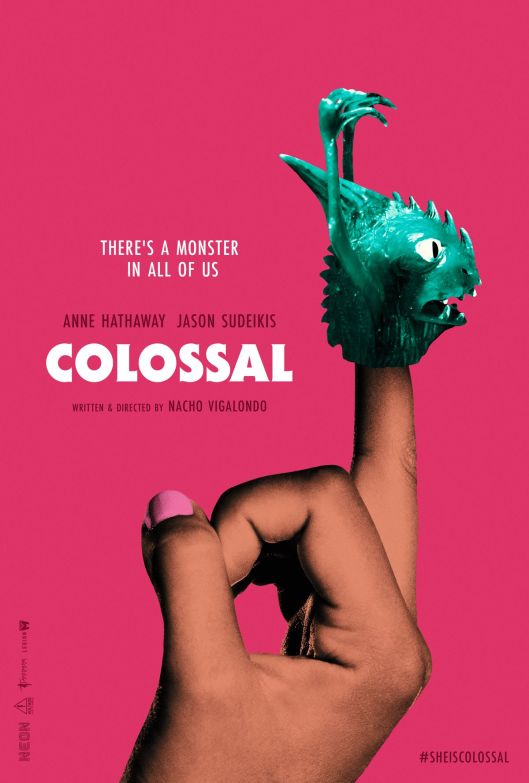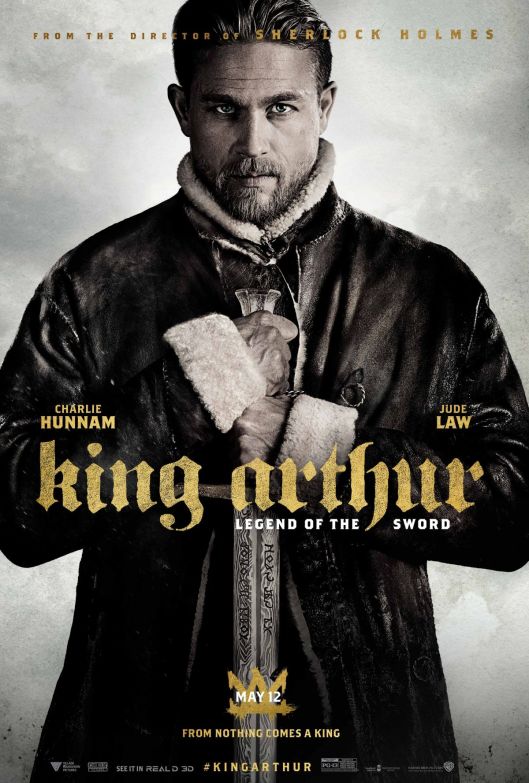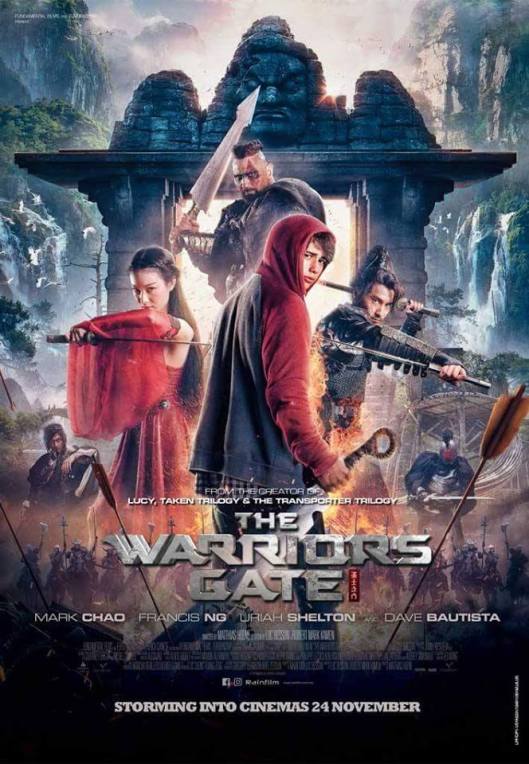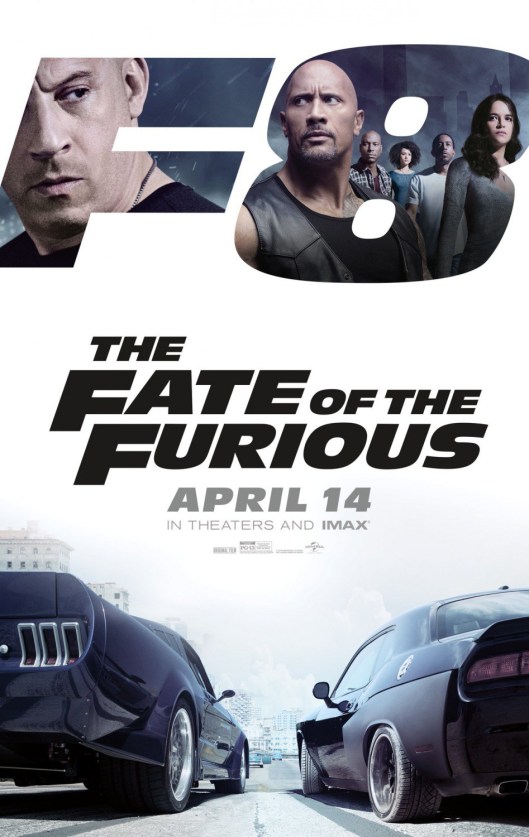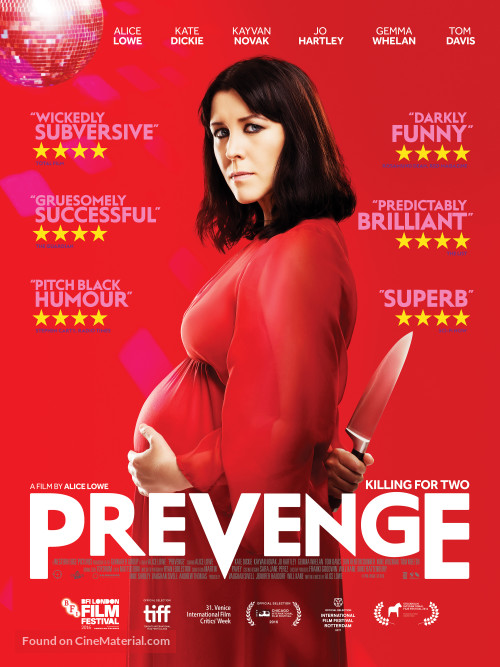Tags
Alcoholism, Anne Hathaway, Comedy, Dan Stevens, Drama, Fantasy, Giant robot, Jason Sudeikis, Monster, Nacho Vigalondo, Review, Seoul
D: Nacho Vigalondo / 109m
Cast: Anne Hathaway, Jason Sudeikis, Dan Stevens, Austin Stowell, Tim Blake Nelson, Hannah Cheramy, Nathan Ellison
Gloria (Hathaway) can’t resist a night out with her friends; or more specifically she can’t resist having a drink or two, or three, or four, when she’s out with her friends. Unable to deal with her repeated denials about her behaviour and her alcohol dependency, Gloria’s boyfriend, Tim (Stevens), ends their relationship, forcing her to move back to her old hometown, somewhere she hasn’t been in over ten years. She moves in to her parents’ old home, which is unfurnished. The next day, after having purchased an air mattress to sleep on, she runs into an old friend from her school days, Oscar (Sudeikis). Now the owner of a bar, Oscar takes her there and introduces Gloria to his friends, Garth (Nelson) and Joel (Stowell). Several drinks later, Gloria staggers home, passing through a nearby park on the way.
The next day, the world’s media is in a frenzy over the appearance of a giant monster in Seoul, South Korea. Gloria sees the footage and like everyone else is astonished by it. That night Gloria gets drunk again and goes home through the park. The next morning, the news reports a second appearance by the monster, but Gloria is surprised to see that it makes a similar gesture to one that she makes, and that it looks as if it’s trying to carry something over its shoulder, as she did with the air mattress. Putting two and two together and hoping it’ll add up to five, Gloria heads for the park where she strikes a number of specific poses. When she sees the latest footage, the monster strikes the exact same poses. Realising there’s some kind of link between them, Gloria tells Oscar and his friends.
The appearance of a giant robot alongside the monster is connected to Oscar, who shows signs of drinking too much (while Gloria starts drinking less). With Gloria having spent the night with Joel, and the sudden arrival of Tim, Oscar becomes aggressive towards Gloria, and threatens to cause havoc and destruction in Seoul if she doesn’t stay with him. Unsure of what to do, matters come to a head when Oscar tries to stop Gloria from leaving with Tim…
It’s safe to assume that, however many movies you see in 2017, you won’t see a stranger, more inventive movie than Colossal, the latest feature from Spanish writer/director Nacho Vigalondo. It’s a weird beast: by turns funny, dramatic, thrilling, challenging, poignant, even uplifting – and when was the last time you could say all that about one movie? And Vigalondo has the temerity to make it all look so easy. The movie is an unexpected cause for celebration, because this is a monster movie that is about so much more than just a creature terrorising downtown Seoul a la Godzilla and Tokyo. No, this is a movie concerned with notions of personal responsibility, self-respect, emotional insecurity, and redeeming past mistakes. It’s a movie with a very clear message: it’s never too late to start over, and to confound the expectations of those around you.
What could have been just another derivative monster movie also becomes, thanks to Vigalondo and his cast and crew, a surprisingly well grounded and credibly portrayed examination of survivors’ guilt, as both Gloria and Oscar deal in their very different ways with an event that happened when they were children, and which has left its mark on both of them. Gloria left her hometown for New York and fame and fortune as a writer, but she’s found alcoholism instead. Oscar has remained in their hometown and found that he can’t leave, that invisible ties hold him back, invisible ties, though, of his own making. Both are plagued by a sense of seemingly inevitable decline, that their lives are failing in terms of their potential, and neither of them know how to combat this. But by being given a chance to revisit that childhood incident, and to understand how it has affected them, both have the opportunity to rectify matters and move forward.
Of course, it’s not so easy, and Vigalondo twists the knife into both his lead characters, adding a layer of abuse to his increasingly dark and disturbing tale, and taking the story into places that the average fantasy drama wouldn’t even dream of trying to incorporate. And yet, with all this going on, Colossal isn’t as “heavy” as you might think, thanks to Vigalondo leavening things with massive doses of hope and pitch black humour. He’s helped tremendously by the performances of Hathaway and Sudeikis, two actors who might not be regarded as first choices for their roles, but who excel as two people struggling with their personal demons as best they can. Hathaway hasn’t been this good in quite some time, and she can sometimes seem removed from the character she’s playing, but here the opposite is true. She details Gloria’s growth from self-negating alcoholic to re-empowered avenger with such passion and empathy for the character that her performance gets better and better as the movie progresses. It’s impressive, and it’s courageous, and it’s Hathaway’s most deceptively skillful portrayal by far.
She’s matched by an intense, unsettling performance from Sudeikis, whose transformation from genial, easy-going bar owner and childhood friend to self-hating, conscience-free thug is one of the movie’s many highlights. When we first meet Oscar, Sudeikis plays him in much the same fashion as he’s played characters in other movies: with his trademark grin, amused yet casual demeanour, and equally casual delivery of his dialogue. Here, Sudeikis gets to subvert that image, and he seizes the opportunity with undisguised gusto. It’s a role that could so easily have descended into that of an unwavering, motiveless psycho, but between them, Vigalondo and Sudeikis have created a character whose psychopathy is believable to the point that when Gloria hits on what “ails” Oscar, the viewer can nod sagely and say to themselves, “that explains everything”.
The other characters aren’t given anywhere near as much depth as that shared by Gloria and Oscar, and Tim in particular is a distracting presence in the movie, with Stevens playing him as a shallow yet well-meaning putz. Thankfully, and one scene late on in the movie aside, Tim appears sparingly, and Vigalondo never makes him seem too important a part of Gloria’s future (she can do so much better and she probably knows it). As perhaps befits the tone of the movie, the visuals are kept muted, with the colour palette restricted to dull browns and distressed greys. The use of the monster and his giant robot adversary is kept in service to the story, and anyone expecting a full-on slugfest to close out the movie will be sorely disappointed. However, what does happen is clever, sad, and redemptive all at the same time, and allows the movie to end on one of the best sighs ever. Yes, a sigh, but one that says it all.
Rating: 8/10 – a bona fide gem, and chock full of surprises, all of them a pleasure to encounter and experience, Colossal is a movie that constantly moves the goalposts in its efforts to provide something different and extraordinary; Vigalondo has made an eloquent, remarkable movie that has something to say throughout and for once, it’s a movie that also knows just how to say it.

